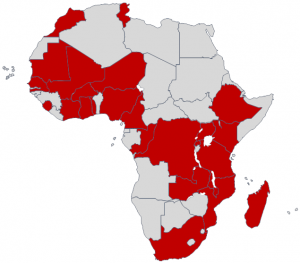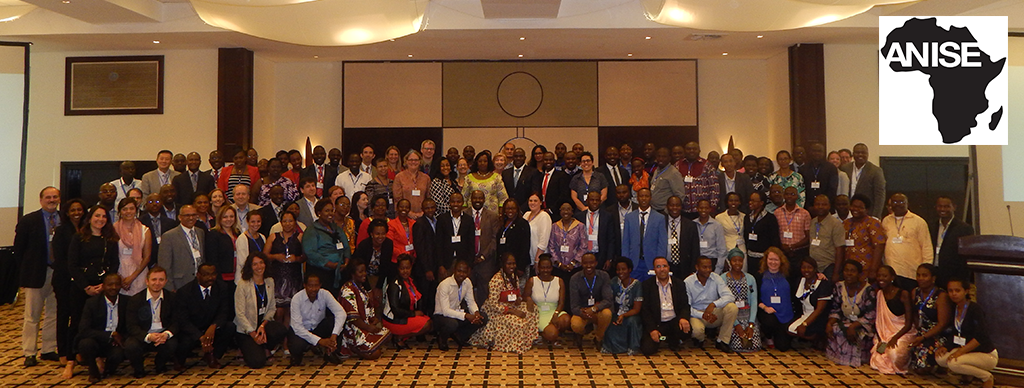Global Health Experts Meet to Encourage Influenza Research and Assess Tools for Building Efficient, Standardised Surveillance Systems
Global Health Experts Meet to Encourage Influenza Research and Assess Tools for Building Efficient, Standardised Surveillance Systems
Kigali, Rwanda (9 March 2016) – More than 150 global health experts from 29 countries are gathering for the 5th African Network for Influenza Surveillance and Epidemiology (ANISE) meeting in Kigali, Rwanda, from 9-11 March 2016, to encourage influenza research in Africa, bolster local access to vaccines, and share strategies and assessment tools for building efficient, standardised surveillance systems on the continent. Experts are using the Kigali meeting to promote African gains and forge a sustainable path forward for the ANISE network.

“Rwanda has demonstrated the overall value of vaccines in the past 15 years, as the rollout of new and underused vaccines has helped us reduce under-five mortality by two thirds, and achieve the fourth Millennium Development Goal (MDG) along the way. As well as saving lives, the benefits of vaccination programmes stretch beyond immunisation to improving health services and promoting social integration, and Rwanda is the case study to prove it,” states Dr. Agnes Binagwaho, Minister of Health of Rwanda. “Utilising these successes as active participants of the ANISE network, Rwanda can share local health successes across regional collaborations like ANISE to better protect Africa’s one billion citizens.”
“The ANISE network gives members the tools to coordinate and provide one another with laboratory and epidemiologic support, which allows resources from U.S. CDC and other partners to go further in the fight against influenza in Africa,” says Dr. Joseph Bresee, Chief of the Influenza Epidemiology and Prevention Branch at the United States Centers for Disease Control and Prevention. “The capacity to collaborate on influenza across country lines through ANISE is central to the rapid response to emerging pandemic strains, and central to building a solid evidence base for national vaccination programmes.”
Dr. Trevor Peter, ASLM Board Chairman, says, “Pan-African networks like ANISE and the African Public Health Laboratory Network are vital for improving local capacity to quickly detect and respond to global health threats such as influenza. ASLM is working to expand the sustainability of such networks in order to tackle diagnostic and institutional weaknesses while strengthening strong regional partnerships across the continent. No government or organisation can address such complex global threats alone, so we must find ways to collaboratively build healthy communities now and for the long-term.”
The ANISE 2016 Meeting is co-convened by the Rwanda Ministry of Health, Rwanda Biomedical Center, US Centers for Disease Control and Prevention (CDC), The Task Force for Global Health, and the African Society for Laboratory Medicine (ASLM).
For more information, please visit:
###
Media contacts:
Nathan Mugume: Click for nathan.mugume@rbc.gov.rw, Click for alternative nathan.mugume@moh.gov.rw
Division Manager, Rwanda Health Communication Center
Ministry of Health Spokesperson
Corey White: Click for cwhite@aslm.org
Senior Communications Officer
African Society for Laboratory Medicine

